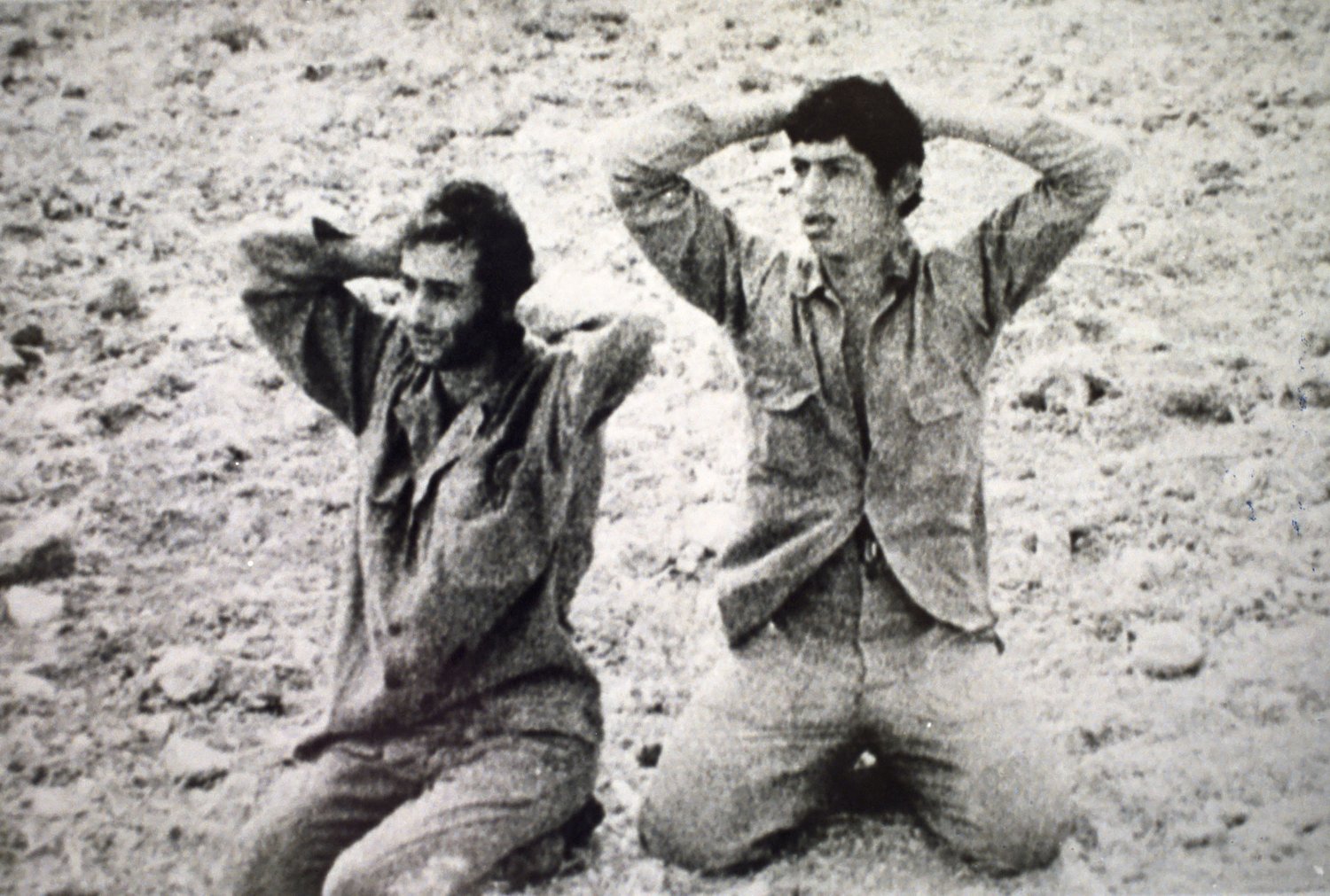After half a century, the Hellenic Intelligence Service (HEI) has released important documents and records that shed light on the tragic period before and after the events that led to the Turkish invasion of Cyprus in 1974. This move, although belated, offers valuable information about the dark aspects and decisions that led to the great tragedy of Cyprus, resulting in the loss of half the island and its occupation by Turkey, which continues to this day.
The leaked documents confirm what was commonplace for many: that Turkey went ahead with the invasion without encountering serious and organized resistance. The Junta of Athens under the leadership of Dimitris Ioannidis chose a treacherous path, abandoning Cypriot Hellenism and Cyprus to the appetites of the conqueror. Despite the large gaps that remain, especially regarding the crucial date of July 20, 1974, these files contribute significantly to the understanding of the events, underlining that the truth cannot remain hidden behind the guise of national interest.
Transparency and disclosure of the truth are key criteria, even if that truth hurts. However, it is important to emphasize in the most categorical way that the attitude and choices of a minority of traitors should in no way tarnish the relationship between Cypriot and Greek Hellenism. The message, 50 years later, must be clear and unifying: Greece and the Greeks did not betray Cyprus. A small group of individuals is responsible for this betrayal, not the nation, not the Greek people.
“The truth, however painful it may be, must be our guide for the future.”
Wherever the Greek people were able to fight, they did so with every available means and with unparalleled bravery. The sacrifice of the Greek soldiers and the presence-absence of the missing prove the opposite of the official attitude of a small group of ignorant people. Those who choose to project the actions of these individuals as representative of the nation’s attitude need to reconsider their position. This approach does not serve the national goals, but undermines them.
It is our duty to preserve historical memory and honor the sacrifice of heroes. The truth, however painful it may be, must be our guide for the future, strengthening our unity and determination in the face of every challenge.
It is crucial to emphasize again and again that the Greek people, Greece as a whole, do not share responsibility for the actions of one caste. Those who caused and allowed the tragedy are the same ones who betrayed the principles of democracy and patriotism. The vast majority of Greeks not only did not share, but resisted by all means the treacherous choices of the Junta, showing in practice their support and solidarity towards Cypriot Hellenism. This element must be emphasized so as to leave no room for doubt as to the true will of the nation.
*Mr. Kyriakos A. Kenevezos is t. ambassador, Fr. Minister of Education of Cyprus.
#Separating #Greek #people #treason
**How might therevelations from the declassified HEI documents influence the ongoing political climate between Cyprus and Turkey, and what potential avenues for reconciliation might emerge?**
## World Today News: Uncovering the Truth – A Roundtable Discussion
**Introduction:**
Welcome to World Today News, where we delve into the complexities of global events and seek understanding through open dialog. Today we delve into the recent release of declassified documents by the Hellenic Intelligence Service (HEI) shedding new light on the tragic events leading to the Turkish invasion of Cyprus in 1974. Joining us today are two esteemed guests: [Guest 1 Name and Credentials], and [Guest 2 Name and Credentials].
**Section 1: Accessing the Past – The Significance of Declassification**
* [Guest 1]: The release of these documents after 50 years brings a significant amount of previously hidden information to light. What do you see as the immediate impact of this declassification on our understanding of the events surrounding the 1974 invasion?
* [Guest 2]: Compromises have often been made in the name of national security. Do you believe the delayed release of these documents ultimately hindered the process of healing and reconciliation for Cyprus and Greece? How can we balance the need for transparency with concerns over national security?
**Section 2: Examining the Narrative - Unpacking Difficult Truths**
* [Guest 1]: The article specifically mentions a “treacherous path” taken by the Athens Junta during this period. What specific actions highlight this betrayal, and how do these revelations impact our understanding of Greece’s role in the events surrounding the invasion?
* [Guest 2]: The article states that the actions of a “minority of traitors” should not tarnish the relationship between Cypriot and Greek Hellenism. How do we reconcile the experiences of those directly impacted by the invasion with the need to avoid blaming an entire nation?
**Section 3: Moving Forward – Honoring Legacy and Building the Future**
* [Guest 1]: The article stresses the importance of preserving historical memory and honoring the sacrifice of heroes. How can this painful history be used to strengthen ties between Cyprus and Greece moving forward?
* [Guest 2]: The quote, “The truth, however painful it may be, must be our guide for the future,” resonates strongly. Looking ahead, what concrete steps can be taken by both Cyprus and Greece to ensure that the lessons learned from this tragedy are applied to future international relations and conflict resolution?
**Conclusion:**
We thank our guests for sharing their insights and perspectives on this complex and sensitive topic. The declassification of these documents serves as a critical reminder of the importance of truth, accountability, and dialog in navigating historical complexities. At World Today News, we remain committed to providing a platform for open conversations that shed light on pivotal moments in history and inform a more peaceful and understanding future.


